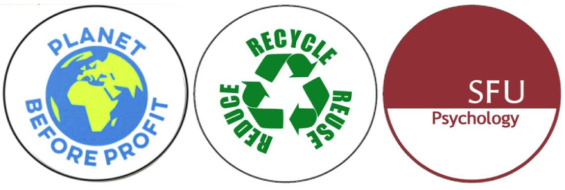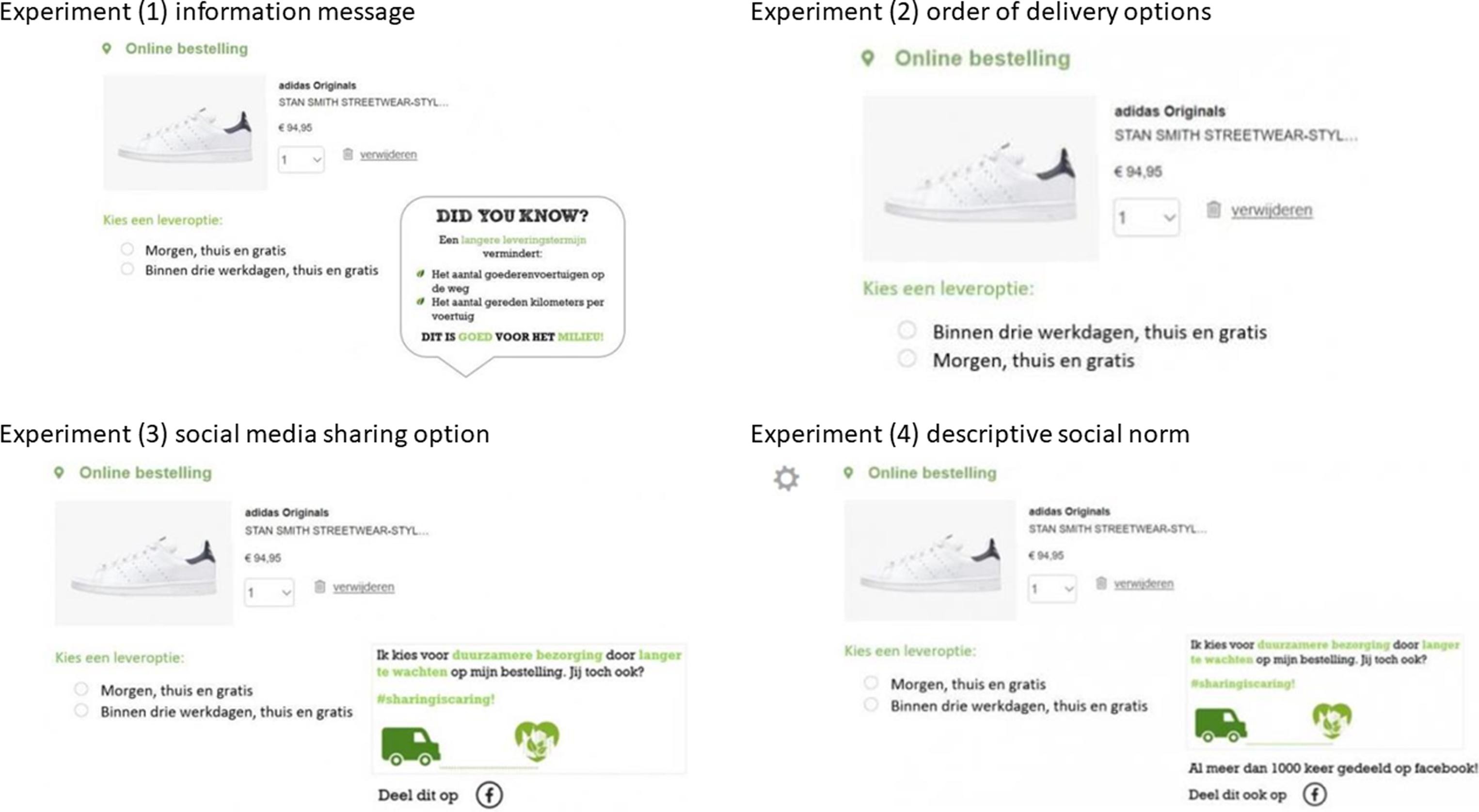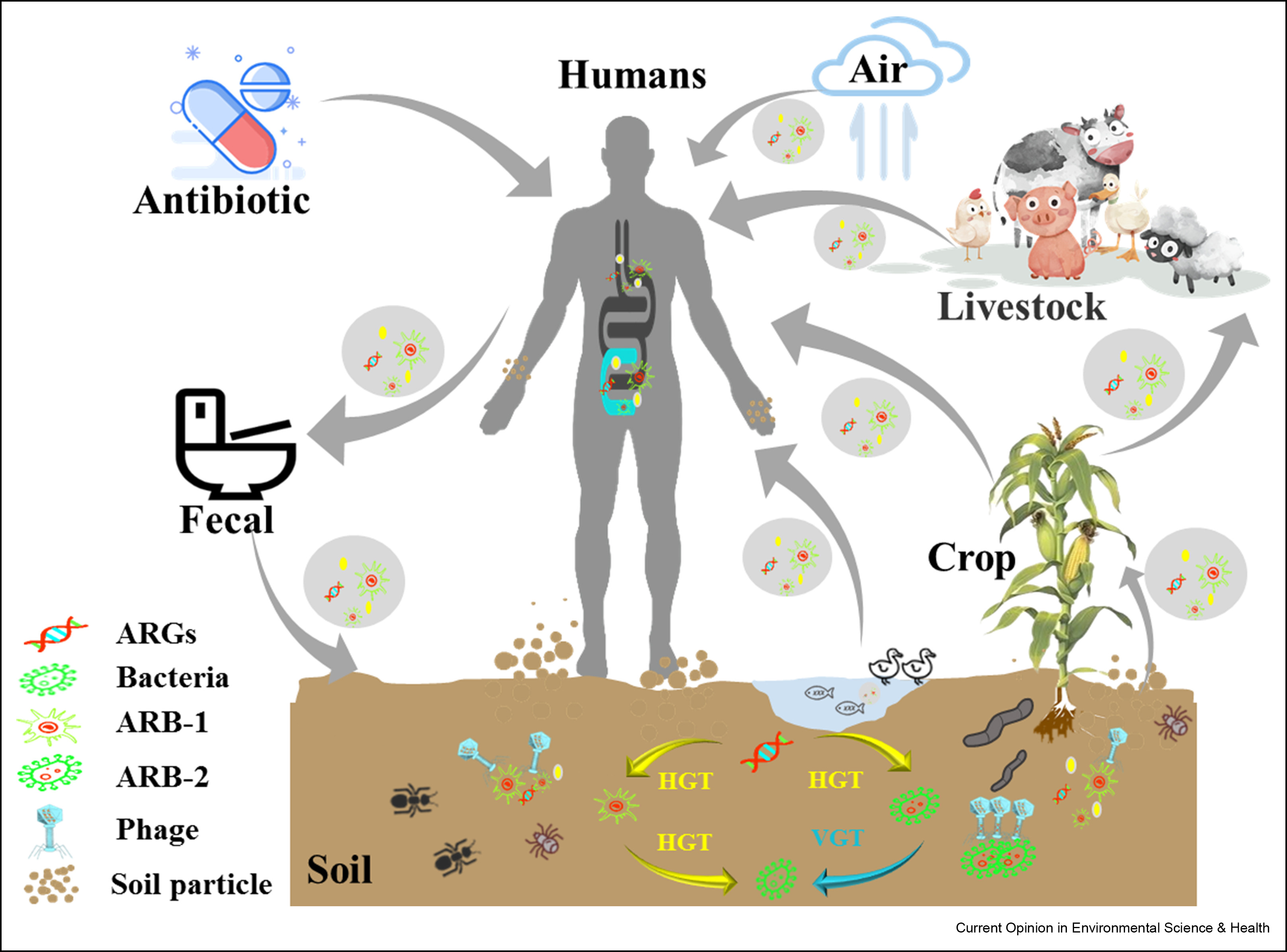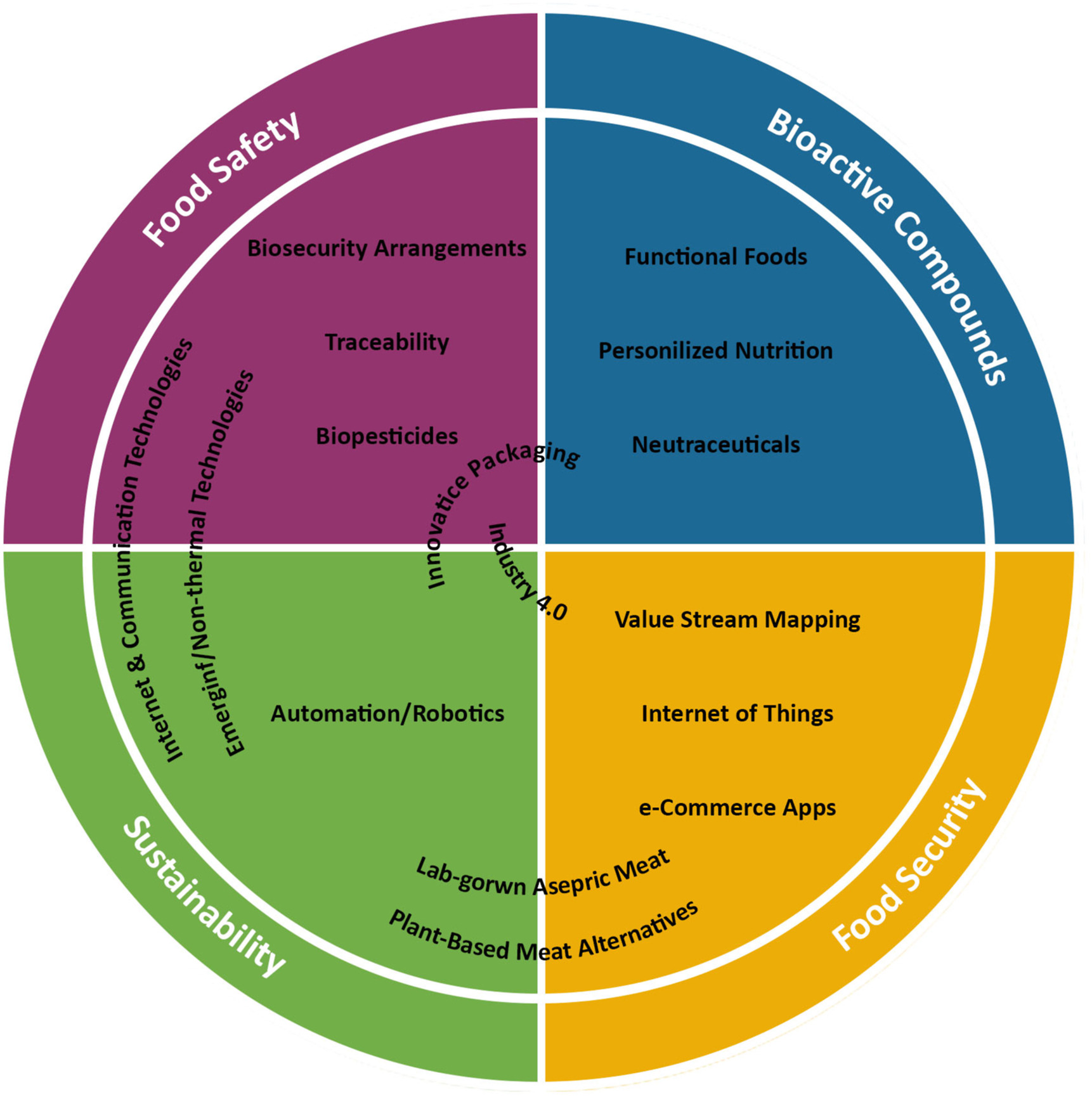Elsevier,
Air Pollution, Climate, and Health, An Integrated Perspective on Their Interactions, 2021, Pages 3-12
Summarizes the documented health effects of climate change and air pollution, and the underlying linkage and interaction, as well as some issues that need to be addressed in future research and policy-making practice. Supports the SDG Goal 13. Take urgent action to combat climate change and its impacts
This paper explores how environmental activism is linked to two forms of environmental social identity (identifying as part of nature and identifying as part of a collective struggle to protect the environment), and how that relates to observable forms of environmental activism.
This article documents the increasing numbers of children impacted annually by 1 or more types of violence against children and describes the range of types of injuries and their immediate and long-term impacts on child outcomes. The article describes the growing number of international collaborations to decrease the numbers of children impacted by violence and to mitigate the consequences thereof, with a particular emphasis on children living in war zones.
An improved understanding of public support is essential to design effective and feasible climate policies for aviation. Our motivation is the contrast between high support for air travel restrictions responding to the COVID-19 pandemic and low support for restrictions to combat climate change. Can the same factors explain individuals’ support for restrictive measures across two different problems? Using a survey, we find that largely the same factors explain support.
Background: In 2020, human society underwent several drastic changes due to the coronavirus disease 2019 (COVID-19) pandemic, which generated an unprecedented global impact. Since the onset of the COVID-19 pandemic, various pressing concerns underlying food security, such as transport, production, and maintenance of the supply chain, have been raised.
As more and more people are buying more and more items online, limiting the ecological footprint of e-commerce deliveries is pressing. Research suggests several initiatives for retailers and logistics service providers to take, but consumer-involvement is key. This research investigates how to encourage consumers’ sustainable decision-making in the web-shop's check-out page by using non-financial incentives only.
Rapid emergence of antibiotic resistance genes (ARGs) is a global problem. Soil is a major reservoir of ARGs. The extensive use and/or abuse of antibiotics has increased ARGs proliferation in the soil. The dynamics and transfer of ARGs amongst microorganisms associated with plants and fauna are being investigated. Exogenous coselective agents further exacerbate the problem. Integrated approaches reducing selection pressure and disrupting ARGs transmission routes are essential in the One Health perspective, which appreciates the interconnectivity between humans, animals, and the environment.
Background: The number of individuals with vision impairment worldwide is increasing because of an ageing population. We aimed to systematically identify studies describing the association between vision impairment and mortality, and to assess the association between vision impairment and all-cause mortality. Methods: For this systematic review and meta-analysis, we searched MEDLINE (Ovid), Embase, and Global Health database on Feb 1, 2020, for studies published in English between database inception and Feb 1, 2020.
Background: COVID-19 pandemic has caused a global lockdown that has abruptly shut down core businesses and caused a worldwide recession. The forecast for a smooth transition for the agri-food and drink industry is, at best, alarming. Given that COVID-19 shutdown multiple core services (such as aviation, food services, supply chains, and export and import markets), there is an enormous deficiency in critical information to inform priority decision making for companies where this uncertainly is likely to impact negatively upon recovery.
The clown anemonefish (Amphiprion ocellaris) is a common model species in studies assessing the impact of climate changes on tropical coral fish physiology, metabolism, growth, and stress. However, the basic endocrine principles for the control of food intake and energy homeostasis, under normal and elevated sea temperatures, in this species remain unknown. In this work, we studied food intake and growth in clown anemonefish reared at different temperatures and with different food availability.




